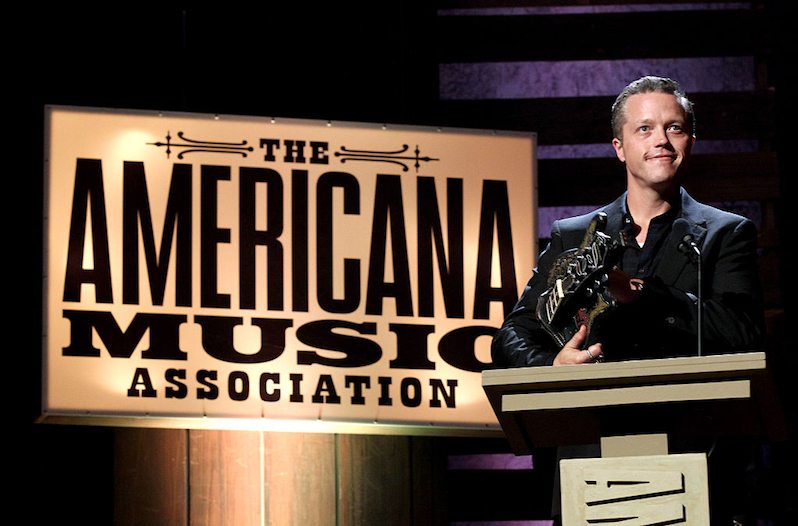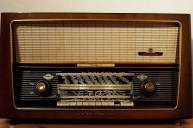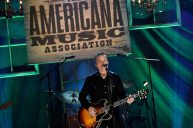[dropcap]I[/dropcap]t goes by many names. Roots rock. Folk rock. American roots music. The dirt-in-your-ears genre. Country that's too country for country radio. Alternative country. Americana has become the catch-all buzzword for left-of-the-dial country and roots music and the genre has never been hotter. Fans and artists are gearing up for the 2017 AmericanaFest in Nashville next month. There's a whole new generation of artists rising through the ranks. Roots music is ruling the radio, provided your radio isn't solely set to FM corporate country media conglomerates. And if it currently is, that's OK. There's room for you under the giant, welcoming umbrella that is Americana.
Videos by Wide Open Country
But what is Americana music, really? And how did it become such a haven for country rebels, folkies and roots artists?
Almost 'Y'allternative'
Over 20 years ago during Austin's annual SXSW festival, a group of industry leaders gathered to lay the groundwork for what would become the Americana Music Association (AMA). They discussed what defined this music they were drawn to and what this new sub-genre should be called. Rumor has it, the term "y'allternative" was floated but ultimately shut down in favor of "Americana."
Today the AMA describes the genre as "contemporary music that incorporates elements of various American roots music styles, including country, roots-rock, folk, bluegrass, R&B and blues, resulting in a distinctive roots-oriented sound that lives in a world apart from the pure forms of the genres upon which it may draw."
If all that sounds confusing, think of Americana as the musical product of the United States' cultural melting pot.
AMA co-founder and radio veteran Jessie Scott more succinctly calls it "earthy, rootsy, soulful, real, not prefabricated pop music."
READ MORE: Tired of Pop Country Radio? Listen to the Americana Alternative
Alt-country bands like Uncle Tupelo, which would eventually spawn the bands Wilco and Son Volt, had proved there was an audience for back-to-basics country with their 1990 album No Depression. This group of twenty-something Midwestern kids identified just as much with 1930s Carter Family songs as the rock scene of the time.
Though the first Americana radio chart was published in 1995, artists didn't really start rallying around the term until the late '90s. Traditionalists like Emmylou Harris and Jim Lauderdale and outspoken country rebels like Steve Earle who didn't see themselves inside Music City's shiny new hit making machine saw a home in Americana.
Americana Today
To get a feel for the artists who define the rootsy genre, just take a look at the artists who make up this year's crop of Americana Music Awards nominees. Jason Isbell, Sturgill Simpson, Sam Outlaw, Hurray for the Riff Raff and Rhiannon Giddens are among this year's nominees.
Singer-songwriters like Brandi Carlile, Elizabeth Cook, Alison Moorer, Margo Price and Valerie June, among many others, have all come to represent the current Americana movement. Country artists like Kacey Musgraves and Chris Stapleton, who have found more critical acclaim than radio play, are embraced by the scene for their lyrics driven songs and more traditional approach. Legends like Willie Nelson, Kris Kristofferson and Loretta Lynn, who have unfortunately been left behind by modern country radio, get their due in Americana.
Radio stations, such as Austin's Sun Radio and middle Tennessee's WMOT Roots Radio, are devoted to championing Americana artists. Programs like Music City Roots give these artists a platform and a devoted audience each week.
The 18th annual AmericanaFest will take place Sept. 12 through Sept. 17 in Nashville.




